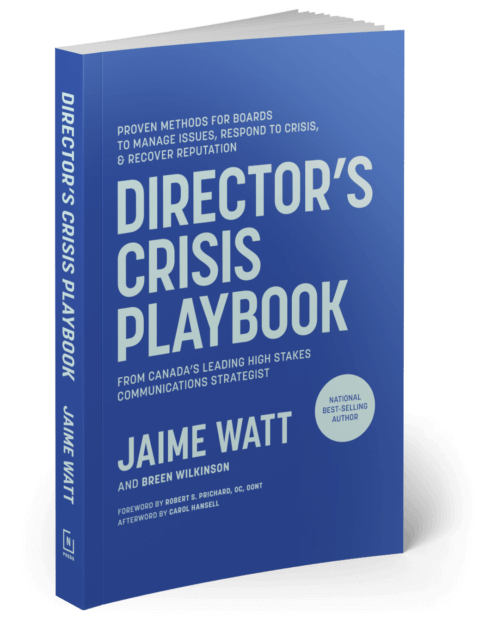Tuesday’s midterms turned in more than a few surprising results, with some races so close they’ve yet to be finalized even as I write this. But one thing is clear: the widely anticipated “red wave” did not materialize.
In U.S. conservative circles, this outcome has already produced a range of impacts for the 2024 presidential race — not least being a divided GOP congressional caucus (replete with MAGA loyalists) and an increasingly toxic showdown between Donald Trump and Florida Gov. Ron DeSantis for the party’s presidential nomination.
For observers here in Canada, however, the lessons for our politics amount to this: not much. What happened in America was, in my view, unique to America. It was the product of a political discourse deemed toxic by essentially everyone. It was the result of politicians caring more about themselves and the messages they wanted to drive than the concerns and the needs of the people they sought to serve.
For a country with its place of power in the world and democratic traditions, it was, to be blunt, a pathetic outing.
And that’s why we have nothing to learn from what happened. It’s also why the results will not impact the course charted by our Canadian political leaders and the parties they lead as they prepare for the next federal election.
In America, the setup for the election was entirely different. Even a cursory glance at CNN or Fox News this past year would reveal that while the economy was certainly an issue, it was far from the dominant theme. Those airwaves (and virtually all others) were saturated not with talk of dollars and cents, but rather a myriad of screeching, headline-grabbing topics: abortion rights, immigration, even the very foundation of democracy itself: the integrity of elections.
But here, things are different. Not for the truism that our people and context are different but for the reason that our opposition politicians — but in particular and most effectively, Conservative Leader Pierre Poilievre — are currently focused like lasers on the hardships Canadians are facing in their daily lives and the disappointing support they have received from their government.
It is here where Poilievre’s motherlode of support is found. And let’s be clear: he understands this fact. But he also understands that the growth of this support rests on continuing to make the expression of those hardships the centrepiece of his political messaging.
So this approach is not folly, as many detractors think — it is discipline. It is a series of deliberate choices. Poilievre could sound off on some other affair of state, but he simply will not. He is secure in the knowledge that he has found his ticket, the issue that is motivating Canadian voters. And he is right.
A lot can happen between now and 2025, when the next Canadian federal election is scheduled — a U.S. presidential election, for one thing. But it is now a virtual certainty that today’s economic pain, whether at the individual or macro level, will not abate.
But back to the midterms. Those elections cannot properly be read as a blow to populism. They can, and should, be read as a blow to politicians who focus on the wrong priorities. And this holds true across the political spectrum and across our border.
In the U.S., there is a relatively new term making the rounds amongst political strategists, led by its most prominent advocate, the data scientist and consultant David Shor. It’s that of “popularism” and it essentially holds that, in competitive elections, message discipline is the central ingredient for success — candidates should speak almost exclusively about what’s on voters’ minds, and shut up about what’s not.
The power of this idea rests not simply in its insistence to focus solely on what polls, canvassers and other sources of opinion confirm are the most salient issues, but also in its not-so-polite suggestion to shut up about what people don’t care about. It’s this latter insight, and the ability of the candidate and campaign to execute with flawless precision, that may be the most useful insight.
Poilievre has shown that he can convince Canadians that his priorities are the same as their own. If he can remain expressly on this path — ignoring all the friendly advice to meander or divert — and continue to stay focused on what matters to Canadians, then he will have a better-than-expected chance of winning the next election.


